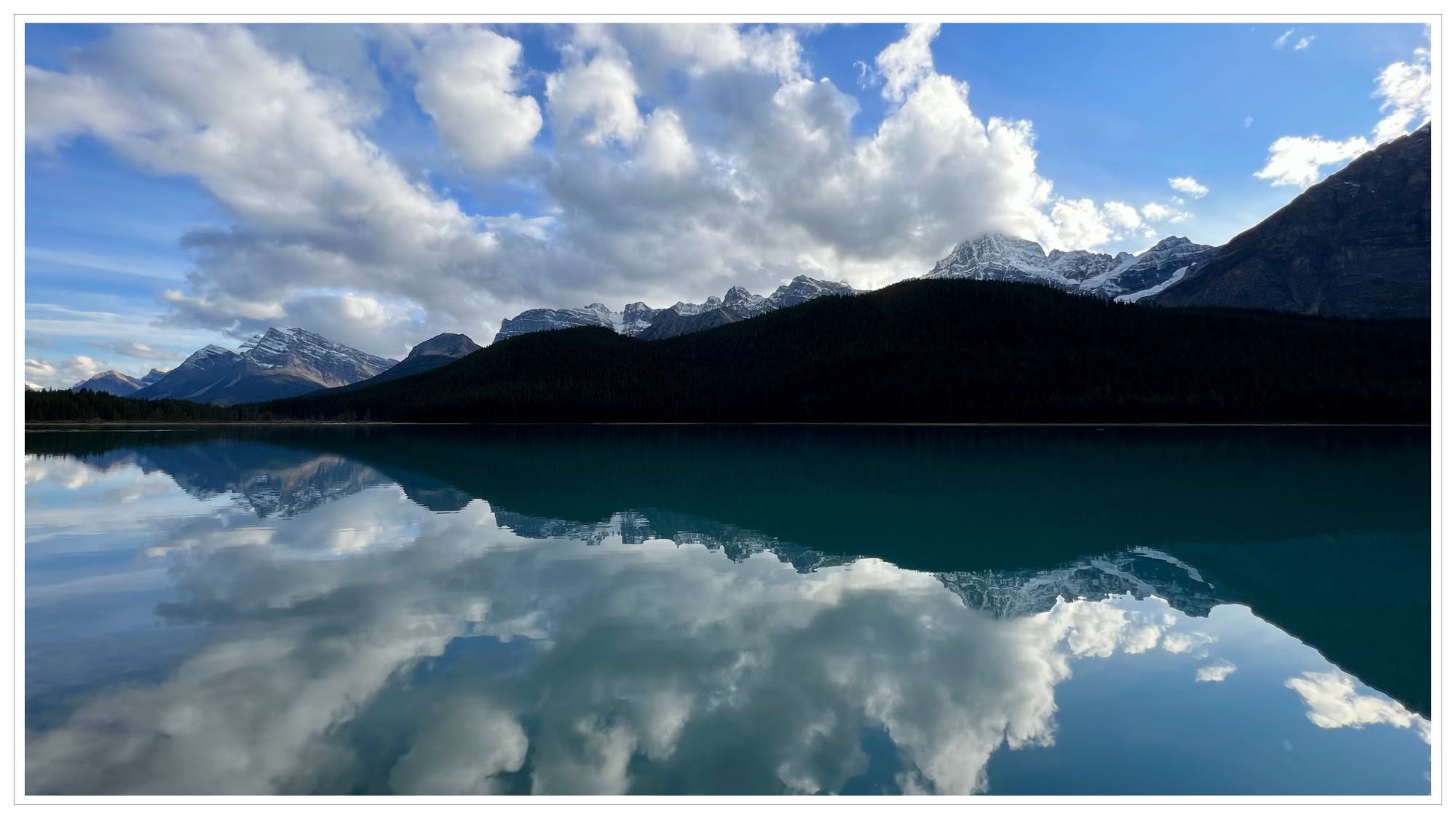Dear Friends and Family,
Last month, we began a first-of-month short-reflection series with a passage from Teilhard de Chardin. We continue this monthly series today with a passage from Valentin Tomberg. . . .
Concentration without effort – that is to say where there is nothing to suppress and where contemplation becomes as natural as breathing and the beating of the heart – is the state of consciousness (i.e. thought, imagination, feeling and will) of perfect calm, accompanied by the complete relaxation of the nerves and muscles of the body.
It is the profound silence of desires, of preoccupations, of imagination, of the memory and of discursive thought. One may say that the entire being becomes like the surface of calm water, reflecting the immense presence of the starry sky and its indestructible harmony.
And the waters are deep, they are so deep! And the silence grows, ever increasing . . . what silence!
It’s growth takes place through regular waves which pass, one after the other, through your being: one wave of silence followed by another wave or more profound silence, then again a wave of still more silence. . .
Have you ever drunk silence?
If in the affirmative, you know what concentration without effort is.1
Valentin Tomberg, “Letter 1: The Magician – Le Bateleur,” Meditations on the Tarot: Letters to an Unknown Friend – A Journey into Christian Hermeticism, trans. Robert Powell (Jeremy P.Tarcher/Putnam, 2002), p. 10.






I love this passage, Renee. I have entered a period of my life where I need to think about rest and how I rest differently. In many ways, I need to learn how to rest, and it’s this kind of contemplative resting that I’m exploring. Thank you!
Renee,
I love your mirrored pictures. I don't think i have experienced silence as described. I'm looking at tress when I look up from typing and I hear the gentle calls of birds. but that seems far from the purity of silence.
Although it's not about silence, your post made me think about Wallace Stevens's The Snowman, which I suppose is a sort of melding with the winter scene.
"One must have a mind of winter
To regard the frost and the boughs
Of the pine-trees crusted with snow;
And have been cold a long time
To behold the junipers shagged with ice,
The spruces rough in the distant glitter
Of the January sun; and not to think
Of any misery in the sound of the wind,
In the sound of a few leaves,
Which is the sound of the land
Full of the same wind
That is blowing in the same bare place
For the listener, who listens in the snow,
And, nothing himself, beholds
Nothing that is not there and the nothing that is."